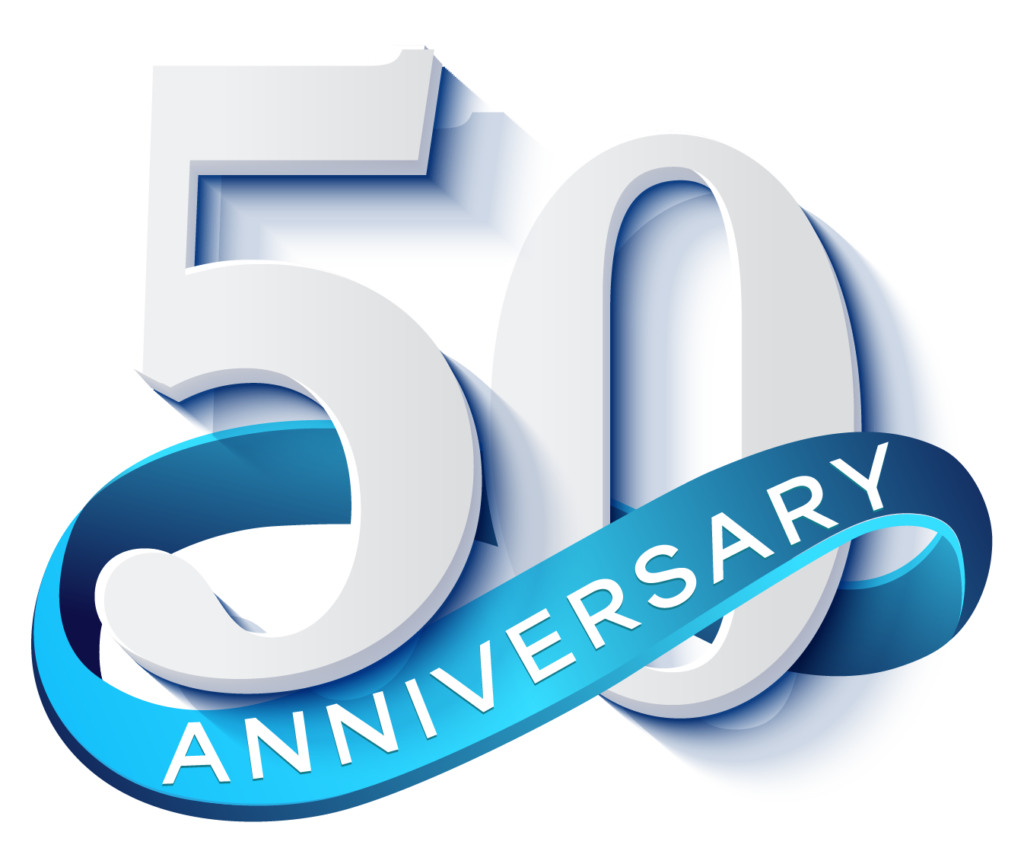Your unique traits have the power to either propel your team toward excellence or unintentionally create hurdles. The way you communicate, collaborate, and make decisions is key—it can be the catalyst for seamless teamwork or the spark that ignites ongoing conflicts. This is where a personality test for leaders becomes invaluable; it offers leaders a mirror to reflect on their own dynamics.
Among these, Personalysis stands out. It’s a science-based personality test crafted specifically for leaders, backed by over 50 years of rigorous research. It illustrates both individual and team behaviors, empowering leaders to navigate and manage complex interactions with finesse.
Personalysis Tests Are Legit – Try Today!
Enhance Self-Awareness
When leaders start their self-discovery journey of self-discovery, they unlock a transformative power that can reshape both their personal and professional lives. Through self-awareness, you can create a ripple effect of positive change, touching every corner of the organization.
Leverage Natural Strengths
Recognizing your inherent strengths is like discovering hidden gems within yourself. These natural abilities can be cultivated and harnessed to achieve greater success and satisfaction in both personal and professional realms. Studies suggest that employees who are aware of their strengths are up to 18 times more likely to flourish in their roles, as they are better equipped to utilize their unique talents. By identifying and acknowledging these strengths, you can tailor your approach to maximize their potential, thus increasing their effectiveness and inspiring their teams.
Self-awareness in leadership is not only about understanding your strengths but also strategically applying them to create a more dynamic, motivated, and engaged workplace. When you play to your strengths, you set a powerful example for others, fostering a culture of recognition and encouragement that can drive a team to new heights.
Also, leveraging natural strengths involves continuous reflection to hone leadership development. Leaders who actively seek to understand their capabilities can better navigate challenges and seize opportunities. This process often involves feedback from peers and mentors, who can offer insights into areas where these strengths can be further refined and applied.
Address Potential Blind Spots
Every leader has areas that require development, often hidden from their immediate view, known as blind spots. These are aspects of behavior or perception that leaders might overlook, which can hinder performance and interpersonal relationships.
A personality test for leaders is a valuable tool in illuminating these blind spots, offering you the chance to recognize and address them proactively. By bringing these areas into focus, you can work on improving them, ultimately enhancing their overall effectiveness.
Research indicates that leaders who are open and actively develop their weaknesses experience significant improvements in work performance. This initiative not only helps leaders become more well-rounded but also prepares them to navigate challenges with greater confidence and resilience.
Addressing potential blind spots is a continuous process that demands self-reflection and a willingness to embrace change. You must be open to receiving constructive feedback from your peers, subordinates, and mentors, as this feedback provides insights into areas needing attention. By understanding and accepting these imperfections, you can develop strategies to mitigate their impact, ensuring that they do not impede progress or success.
Understand Others’ Perceptions
Perception shapes reality in the workplace, and understanding how others view you can be especially enlightening. Leaders often have a self-image that may not align with how their team perceives them. This discrepancy, if unaddressed, can lead to misunderstandings and reduced team cohesion.
The best leadership assessment tools can bridge this gap by revealing insights into how others perceive your behavior and communication style. Armed with this knowledge, you can adjust your approach to better align with your team’s expectations, fostering empathy and improving communication.
According to a Gallup study, leaders who adapt their behavior based on such feedback witness an increase in team engagement. By aligning their leadership style with the aspirations and needs of their team, leaders can cultivate a more inclusive and harmonious work environment.
Improve Team Dynamics
When you tap into the distinct personalities within your teams, you unlock a reservoir of potential that paves the way for a more cohesive and effective unit. By acknowledging these differences, you can cultivate an environment where each member feels valued and motivated.
Recognize and Appreciate Diverse Working Styles
Acknowledging diverse working styles can have a transformative impact on team dynamics. A 2015 McKinsey report highlights that teams with diverse experience and backgrounds are more innovative and creative compared to more homogenous teams. This innovation stems from the unique perspectives and approaches each team member brings to the table.
By understanding and embracing these differences, teams can leverage their varied skills to approach problems in groundbreaking ways, leading to creative solutions that might not emerge in a setting where everyone thinks alike. Leaders who utilize the results of a popular personality test for work teams such as Personalysis, can recognize these differences and celebrate them as strengths.
This helps you create an environment where each team member feels valued for their distinct contributions, rather than pressured to conform to a singular way of working. By fostering a culture where individuality is valued, teams are more likely to embrace creativity and think outside the box, leading to innovative solutions and collective success.
Personalysis takes team-building to the next level by offering detailed personality insights that help teams celebrate their strengths and differences. This strategy keeps everyone united around shared goals while fostering a supportive and inclusive atmosphere. By recognizing each member’s unique strengths, motivators, and needs, teams are empowered to solve problems and face challenges together, boosting communication, trust, and productivity.
Personalysis Tests Are Legit – Try Today
Tailor Communication Approaches for Different Team Members
Effective team communication is the backbone of any successful team, and understanding personality differences allows leaders to fine-tune their communication styles to suit each member. As a leader, if you adapt your approach based on personality insights, you are better equipped to convey their messages, ensuring clarity and reducing misunderstandings.
You can also address the unique needs and preferences of each team member, which fosters a sense of belonging and respect. This tailored interaction not only fosters a feeling of inclusivity but also enhances trust and cooperation among team members, creating a more cohesive and effective working environment.
Assign Tasks and Roles that Align with Individual Strengths
Assigning tasks based on individual strengths leads to improved performance and job satisfaction. Gallup research has shown that employees who use their strengths every day are three times more likely to be engaged at work. This increased engagement is a result of individuals feeling more competent and confident in their roles, which naturally leads to higher productivity and motivation.
When team members are placed in roles where they can excel, the entire team benefits from their enhanced performance and enthusiasm. Such strategic alignment empowers individuals to perform at their best, promoting a sense of achievement, which in turn benefits the overall success of the team.
Develop Targeted Growth Plans
Taking the time to develop each team member’s potential is not just an investment in the individual; it’s an investment in the team’s future success. Each person’s growth is like a catalyst that can ignite inspiration and drive throughout the entire organization. As leaders, nurturing this development with intention and care ensures that every member feels valued and empowered, creating a ripple effect of positivity and productivity.
Mitigate Potential Behavioral Patterns
While strengths should be celebrated and built upon, it’s equally important to acknowledge and address areas for growth. Utilizing personality tests to pinpoint potential challenges allows leaders to devise strategies to mitigate these behavioral patterns openly and constructively.
By fostering a positive workplace culture that treats these areas not as flaws but as opportunities for growth, leaders can instill confidence and encourage risk-taking in their team members. This nurturing approach ensures individuals feel supported in their journey to improvement, ultimately creating a more resilient team.
Enhance Underdeveloped Traits or Skills
Personality assessments are invaluable tools in highlighting the areas where individuals may need further development. When you identify these underdeveloped traits or skills, you can focus on targeted training and mentorship opportunities.
Providing tailored team development programs not only fills skill gaps but also shows team members that their growth is a priority, enhancing both their loyalty and morale. Leaders who commit to such personal growth initiatives create an environment of continuous learning, where every individual feels uplifted and motivated to reach their full potential.
Enhance Decision-Making
With a deeper understanding of our unique personalities and those of our team, we unlock the potential to make decisions that resonate with empathy and wisdom. This not only empowers us as individuals but also fosters a collective strength that propels our teams forward.
Foster Empathy in Decision-Making
Empathy plays a transformative role in effective decision-making. According to the World Economic Forum, leaders who demonstrate empathy can make their team feel more valued and respected by over 80%. Understanding the diverse personality traits within a team fosters stronger connections and compassion, enabling you to consider various perspectives and the impacts of your decisions. By prioritizing empathy, decisions are made with a focus on the well-being of all stakeholders, creating a cohesive and supportive team culture where everyone is heard and valued.
Promote Collaborative Decisions
Collaboration in decision-making ensures diverse viewpoints are considered, leading to more rounded-outcomes. By appreciating different personality dynamics within the group, teams can harness individual strengths, leading to innovative solutions and shared ownership of decisions. This collaborative approach not only enhances decision quality but also reinforces team bonds, fostering a sense of belonging and collective success.
The Best Personality Test For Leaders: Final Thoughts
Understanding the unique personalities of your team members is a transformative approach to building a cohesive, engaged, and high-performing team. Leveraging personality assessments enables you to tailor communication, assign roles based on strengths, mitigate areas for growth, and enhance the decision-making process. This comprehensive approach fosters a culture of growth, inclusivity, and collaboration, which are key ingredients for team success.
Ready to take your leadership skills to the next level? Turn to Personalysis to gain deeper insights into your team’s dynamics and transform your leadership journey. Discover how our science-backed personality assessment can help you facilitate growth, boost morale, and empower your team toward achieving their full potential.
Learn More About How Personalysis Can Help Develop Your Leadership Skills!




